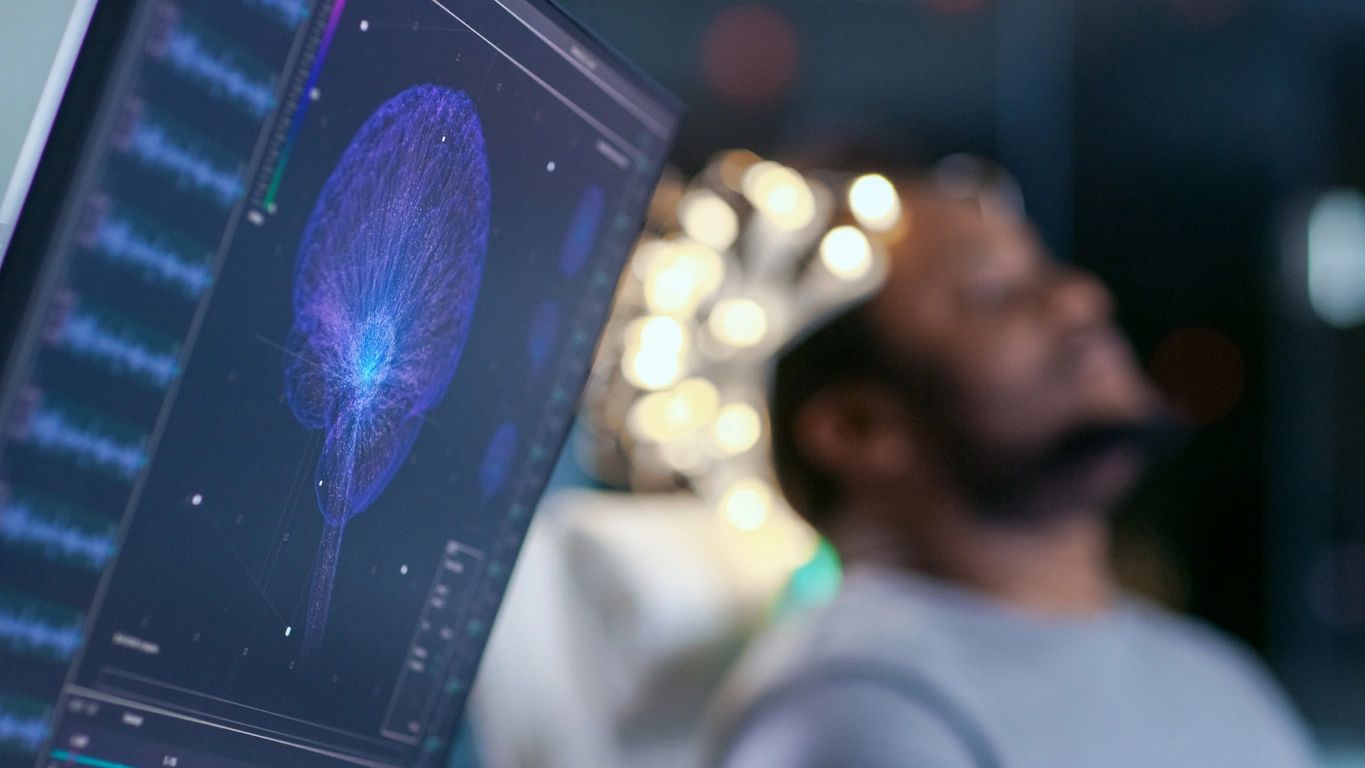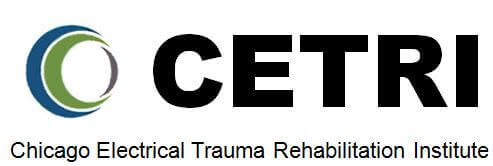Understanding the LINK BETWEEN ELECTRICAL SHOCK AND SUBSEQUENT NEUROMUSCULAR DISORDERS
As electrical power becomes increasingly integrated into modern life, the risk of electric shock rises as well. While most shocks are minor and pass unnoticed, a subset of individuals experience long-term complications such as chronic pain, weakness, loss of coordination, and other impairments that disrupt daily activities. Lightning injuries can produce similar lasting effects.
One of CETRI’s primary research goals is to understand the connection between electrical shock or electrocution and the delayed onset of neurological and neuromuscular symptoms. These late effects often involve persistent pain and functional disability. CETRI’s ongoing research aims to identify pre-injury factors that may predispose individuals to these outcomes and to develop effective therapeutic strategies to prevent or mitigate them.
NEUROPSYCHOLOGICAL EFFECTS OF ELECTRICAL SHOCK INJURY
Some survivors of electrical shock or electrocution develop symptoms of stress disorders, depression, cognitive impairment, or emotional dysregulation, despite having no prior history of these conditions. In many cases, these symptoms emerge gradually rather than immediately after the injury.
Over the past two decades, CETRI has conducted multidisciplinary evaluations of hundreds of electrical injury survivors who sought care for such delayed neuropsychological effects. Ongoing research at CETRI focuses on identifying, quantifying, and analyzing the factors that link electrical shock to these complex neurological and psychological outcomes.

REHABILITATION AFTER ELECTRICAL INJURY
Neuromuscular retraining plays a vital role in recovery from physical trauma, especially injuries that affect nerves and muscles. Achieving proper healing and restoring coordination between the nervous system and muscles are essential for regaining function. A central goal of CETRI’s work is to identify the most effective ways to promote sensory and motor recovery following electrical shock or electrocution.
